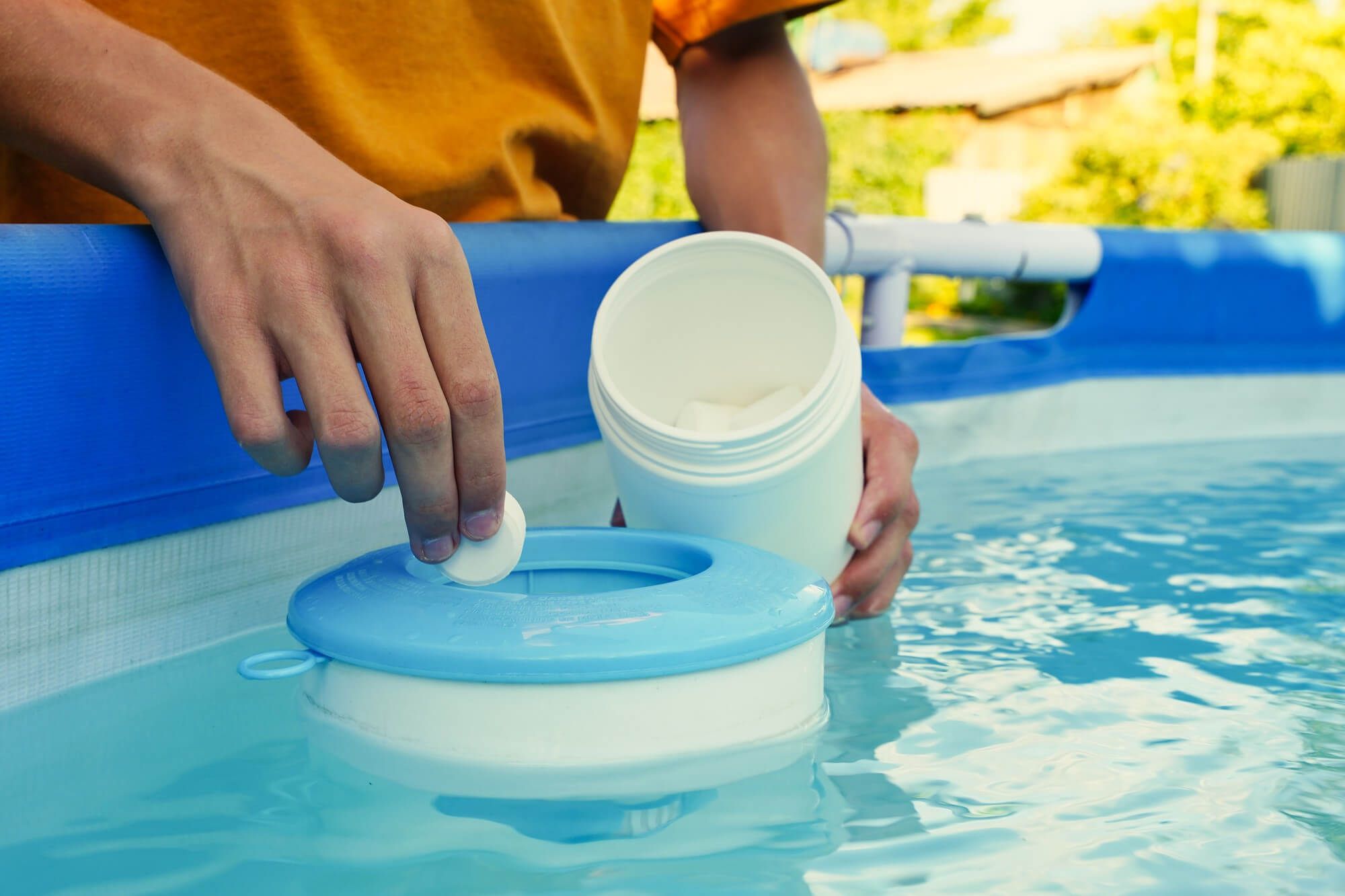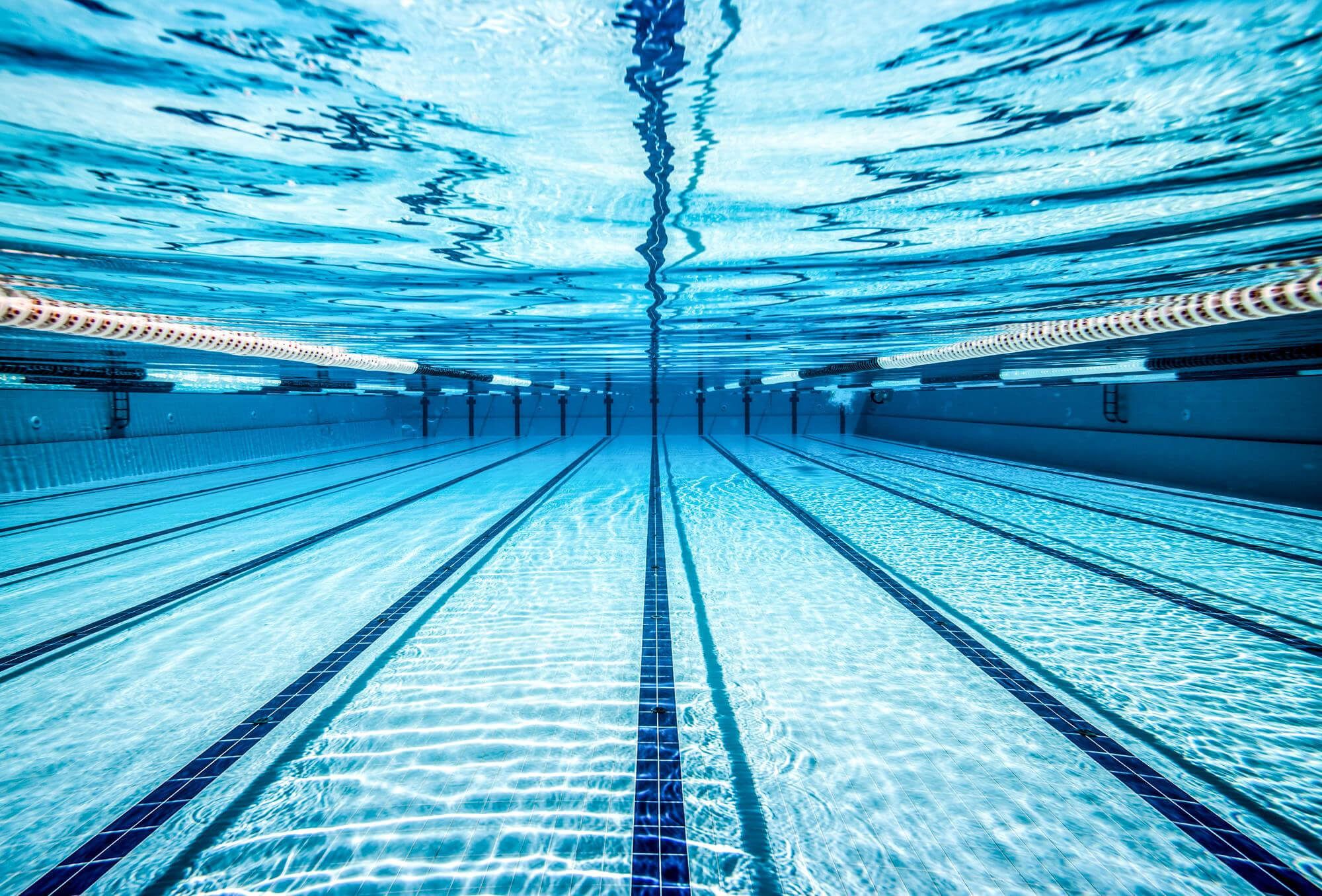How to deal with an allergy to chlorine in the pool and enjoy swimming?


Eva Zakharova
Allergies to chlorine in the pool are becoming a growing problem among outdoor enthusiasts. In this article, an experienced allergist will discuss the causes of chlorine allergy, its symptoms, diagnosis, treatment, and preventive measures.
Causes of chlorine allergy
Chlorine is the active element used to disinfect water in swimming pools. When it interacts with organic substances, chloramines are formed, which can cause skin and mucous membrane irritation.
Some people have a genetic predisposition to be allergic to chlorine, which can manifest itself after the pool. In addition, a child's risk of developing a pool water allergy is increased if he or she already has other allergic conditions.
Symptoms of pool chlorine allergy
- The main symptoms of chlorine allergy are itching, redness, swelling and dry skin. In some cases, hives can develop - large reddened spots on the skin, resembling the marks of stinging nettles.
- Pool water allergy can also manifest itself in the form of respiratory symptoms: difficulty breathing, coughing, sneezing, runny nose and stuffy nose.
- Pool allergy can cause conjunctivitis - inflammation of the mucous membrane of the eyes, which is accompanied by redness, itching, lacrimation and photophobia.
Diagnosis of a chlorine allergy

If you suspect a chlorine allergy, it is important to see an allergist who will examine you and take a medical history. The doctor may also prescribe additional tests to rule out other causes of symptoms.
To confirm the diagnosis, the doctor may prescribe allergy skin tests or blood tests for specific antibodies. These tests will determine if the symptoms are caused specifically by a chlorine allergy.
Treating and preventing chlorine allergies
Use of antihistamines
The mainstay of chlorine allergy treatment is antihistamines, such as tablets or syrups (loratadine, cetirizine, phencarol). They can help reduce the intensity of the allergic reaction and relieve symptoms.
Remedies to relieve itching and skin irritation
Topical remedies such as creams or gels with glucocorticosteroids (hydrocortisone, betamethasone) may be prescribed to relieve itching and skin irritation. These drugs have anti-inflammatory and anti-allergic effects.
Preventive measures against chlorine allergies

If you are allergic to chlorine, it is worth considering choosing a pool that uses alternative water treatment methods, such as ultraviolet treatment or saline systems.
Using special cosmetics before and after visiting the pool
To prevent skin irritation, you can use special cosmetics that create a protective barrier on the skin against chlorine. After visiting the pool, you should take a shower with soap or gel, which will help wash the chlorine residue off your skin.
Limit time in the water
To prevent allergic reactions to chlorine, it is recommended that you limit your time in the water and not visit the pool too often. This will reduce the chance of skin and mucous membrane irritation.
Allergies to chlorine in the pool can bring discomfort to people who are prone to allergies. It is important to recognize the symptoms in a timely manner and see an allergist for diagnosis and treatment. The use of antihistamines and remedies to relieve itching and skin irritation can help manage allergic reactions to chlorine. Preventive measures, such as choosing a pool with alternative water purification methods, using special cosmetics and limiting time in the water, can help avoid allergies and keep your skin and mucous membranes healthy.
New materials
Popular Articles
We recommend reading
Contact us in the Contact Us section to ask questions, offer ideas, or for more information about our allergy resource.
Our articles are your trusted source of allergy knowledge. Learn how to make life with allergic reactions easier on our specialized portal.
©
Lechenie-Allergii.com. All rights reserved.
© Lechenie-Allergii.com. All rights reserved.
The information on this site is for informational purposes only and is not a substitute for professional medical advice. We recommend consulting with qualified medical professionals for accurate information and advice.
 English
English  Українська
Українська  Русский
Русский 









